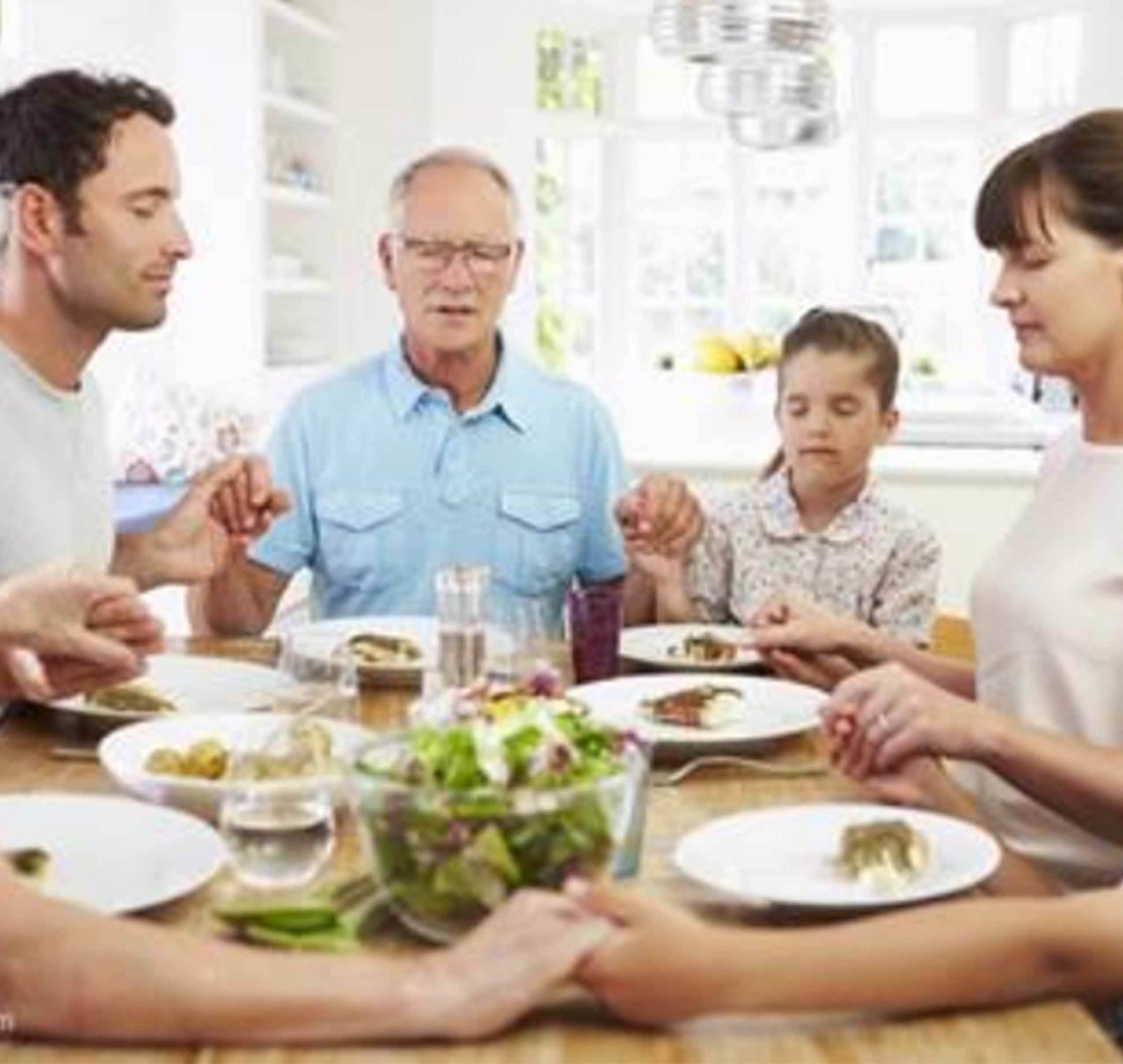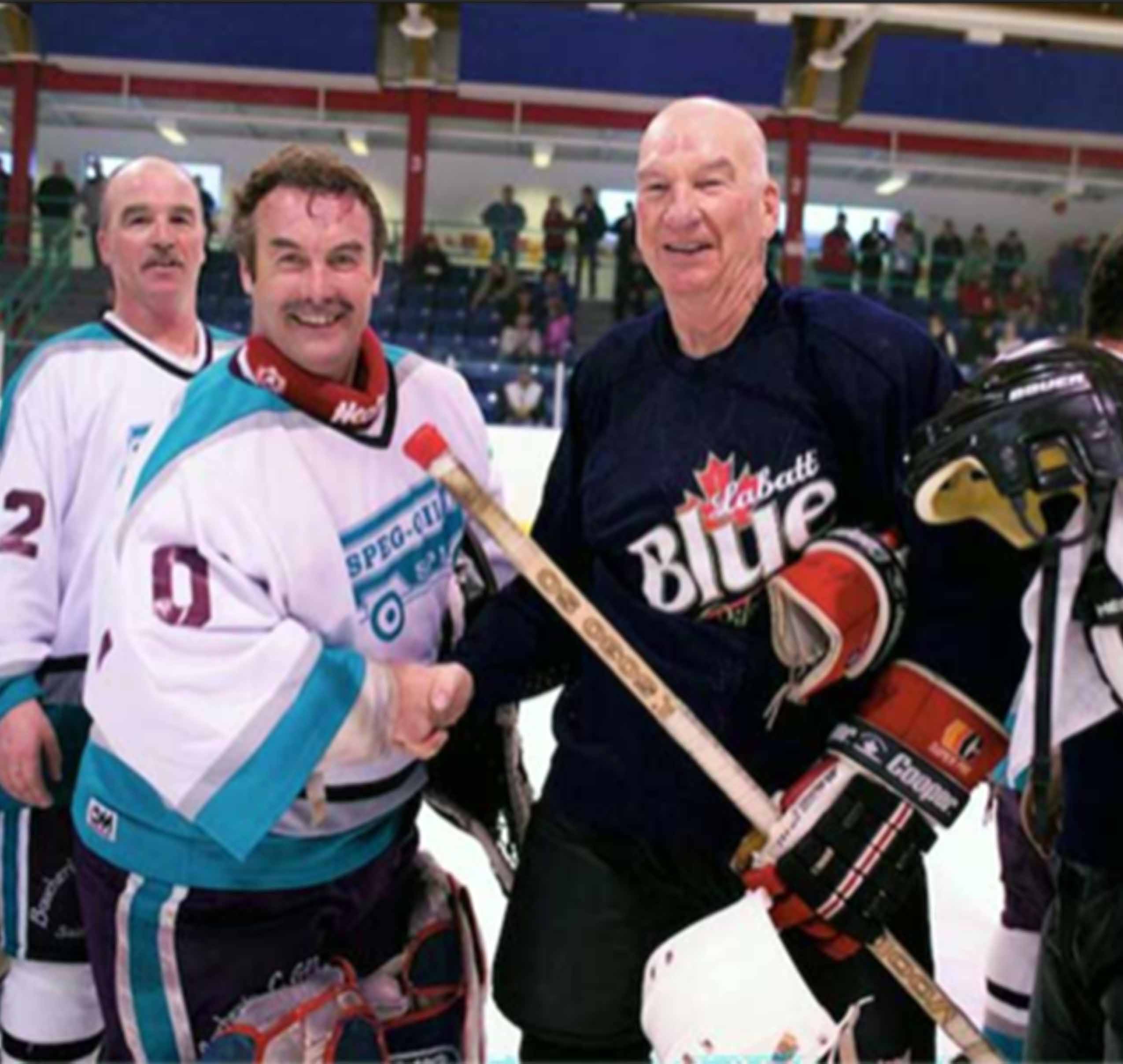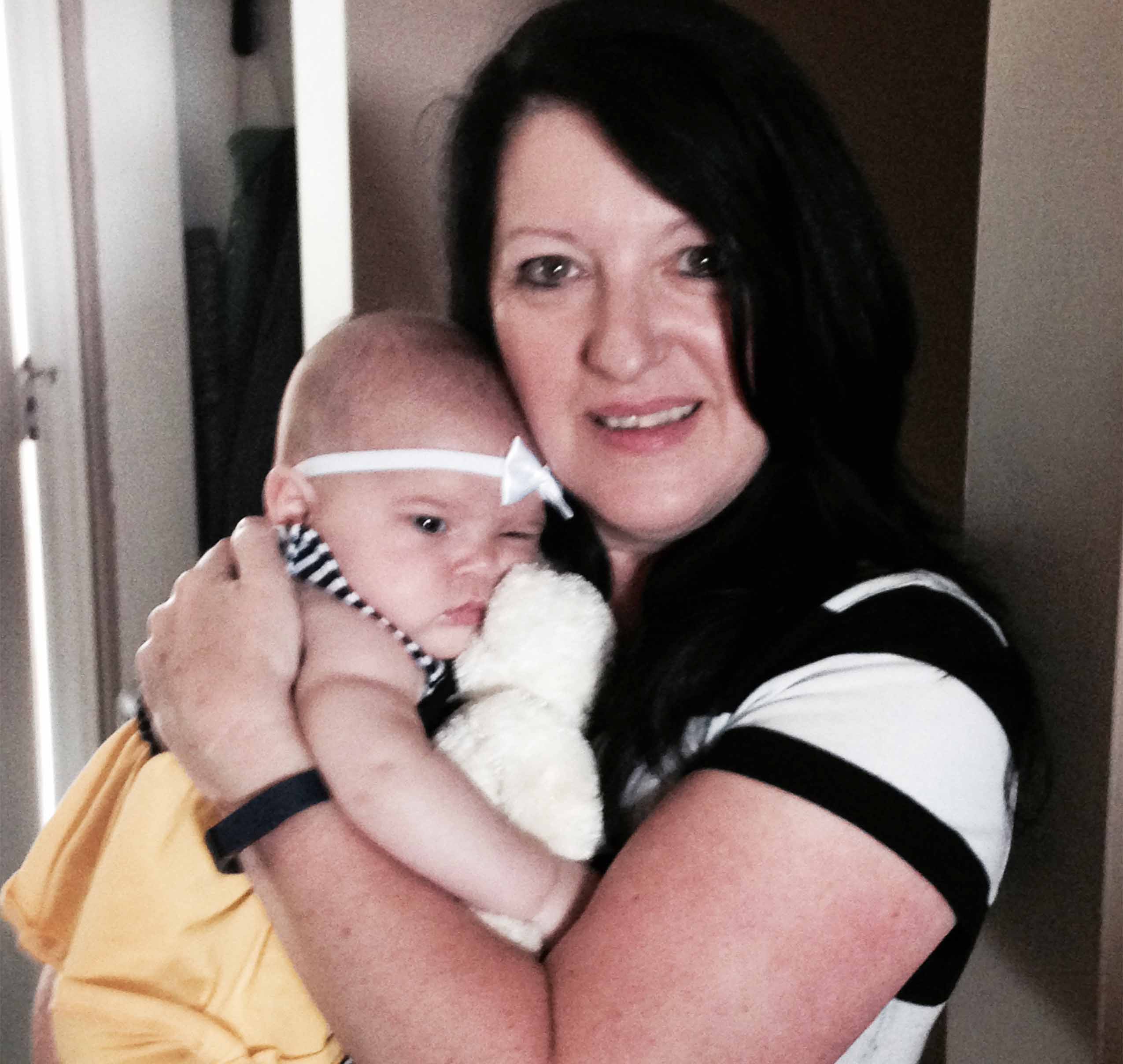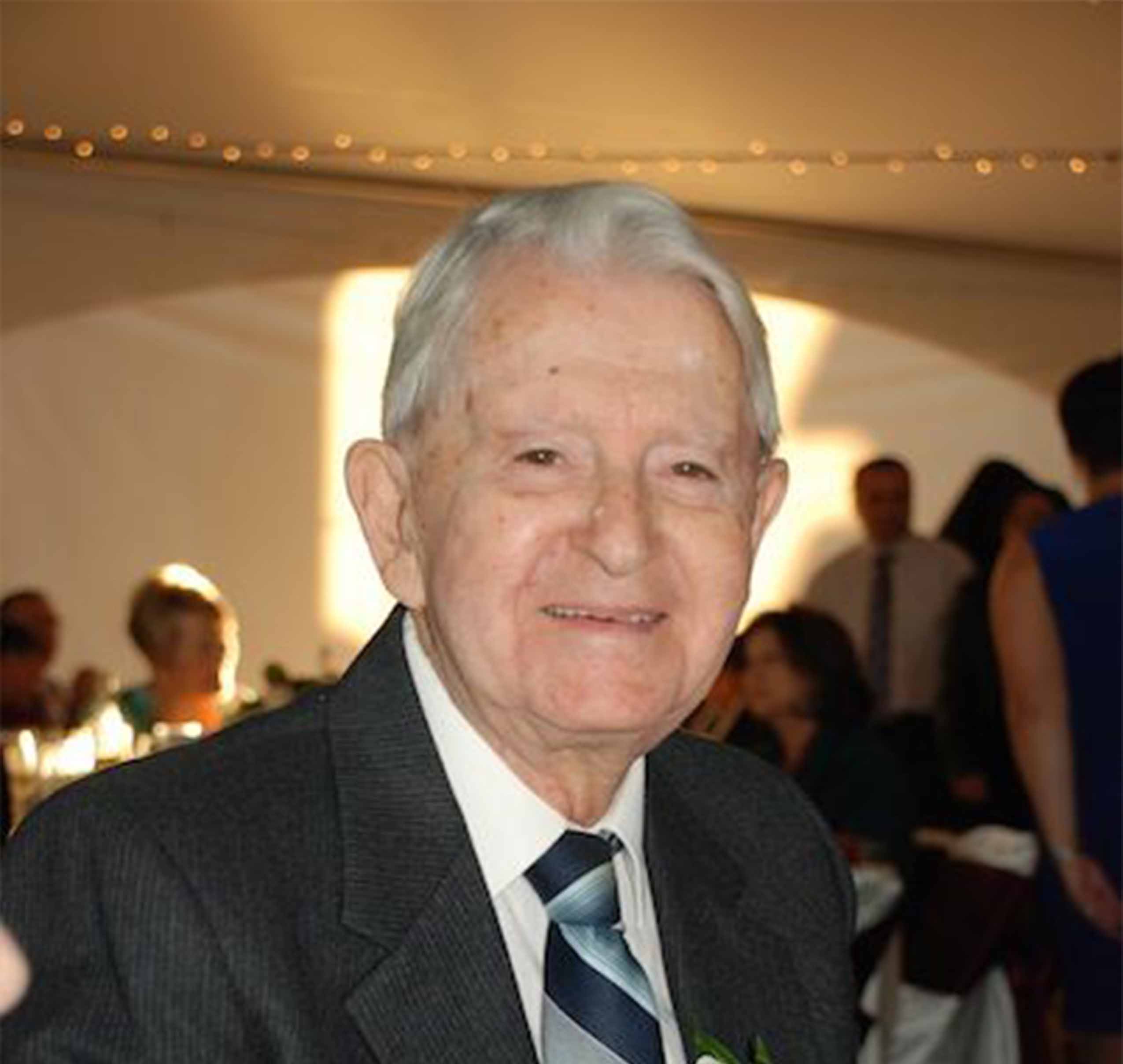Do you really need to learn first aid skills? How useful could they be in your day-to-day life? Read our true stories and see for yourself.
It was at our family dinner table, while we were passing the food around that I noticed my dad's forehead and face was turning grey. There were also beads of sweat dripping down from the top of the forehead. I remember the sweat dripping onto his nose. I remember asking my dad if he was ok and he could only give me a blank stare. My dad began throwing up into a bucket.
I had taken a CPR course and remember that this is what a heart attack could look like. I told my mom to call 911, to get an ambulance. My dad was sitting in his chair and we didn't have enough room to move him to the floor.
Fortunately, the ambulance arrived quickly and the paramedics were able to put my dad on a stretcher and get him into the ambulance. My dad arrived at the hospital still breathing. We were lucky that my dad had only suffered a minor heart attack. After recovering and joining a Cardiac-Rehab program in our area, my dad resumed a fairly normal life.

Friday our pickup hockey game was interrupted at the 45 minute mark. Our team had just crossed the blue line onside when the opposing team stopped and pointed to center ice. I turned around and saw our defense-man Pete lying on his back at center ice not moving. We skated over, his eyes were open but he was not responsive to our questions.
Breathing became difficult for him. My first thought was heart attack, but others thought he could have broke something in his back. No one wanted to move him. We called 911 and advised the hockey arena staff. I wanted to give him a shot of nitroglycerine but others said no. Some thought maybe he was having a stroke, or seizure and said don’t give him nitroglycerine as it might also drop his blood pressure.
It felt like it was taking forever for E.M.S. to get there. Pete had raised his right forearm off the ice, his tongue began quivering, his face turned colour I thought looked red. Breathing was very shallow and slow to the point one of the guys knelt down looking for signs of life.
The E.M.S. had not arrived yet and it looked like Pete was fading away. His eyes were bloodshot and he just starred straight up at the ceiling. One of our team-mates started doing CPR for a couple minutes along with mouth to mouth breaths. Still no reaction from Pete at all. One of the other guys counted out the frequency of chest compressions to the BeeGees song 'staying alive' and he followed that rhythm.
The Arena staff arrived with the defibrillator. Once the defibrillator was operational it gave Pete a jolt. I heard them say his heart was out of sync. The defibrillator did not require a second shock. Shortly after E.M.S. arrived, they took over care and brought him to the hospital. On Sunday, Pete was awake in the hospital and acknowledged his visitors with a couple of smiles. That was great news. The rescue crews let us know that what we did at the arena helped save Pete’s life.

When Kristy spotted her baby choking, her first aid training kicked in to save her baby! Kristy recognized her baby was turning blue around the lips and her arms were thrashing. the baby wasn't breathing. She quickly picked up her baby giving 5 back blows and a small toy piece popped out of her mouth. It was the first aid training she received that helped keep her calm enough to clear the baby's blocked airway.

I had a heart attack when I was 48 years old. I was a salesman for a large company, I worked long days, was under allot of stress, didn’t exercise, had gained weight, and didn’t eat well, but I was making good money.
There were days I could feel pain in my back when I was driving from customer to customer, but I would stop working and the pain would go away.
Well, this one day, when I visited a customer, I had a cold pop. When the pop went down, I felt a severe pain in the center of my chest. When the pain went down, I drove back to work. I had another cold pop at work and wow.... my chest hurt so much, it felt like it was crushing me. My co workers said I didn’t look so good so they sent me home. They didn’t know I was having a heart attack, they didn’t know how to recognize it.
I remember, at home, I wasn’t feeling very good, but I had dinner , and then I went outside and hosed the driveway down. Well the pain returned hard, and wouldn’t go away.
My wife called our neighbor, Bob. Bob came over right away and asked if I had any numbness in my fingers. I remember telling Bob, that my fingers were numb and the numbness was climbing up to my elbows. Bob immediately took me to the hospital. The doctor gave me a new drug that took the pain away, and I fell asleep after that.
I had a second heart attack during my first week in the hospital, and that damaged 2 valves in my heart. My heart doesn't’ work as well as it did before my heart attacks.
After recovering, my doctor signed me up for the Cardiac Rehabilitation Program at the University. I learned how to jog, do regular exercise, eat properly and play soccer. I stopped drinking beer, lost weight, and learned to keep healthy.
I’m a lucky one! I’m now 88 years old and survived one of the most deadliest killers. As a result of my experience, I just think it’s important for everyone to learn to recognize the signs of a heart attack and to call 911, and get to the hospital immediately. If you recognize these signs, don’t allow the person to keep on working or have a nap, make sure they get to the hospital immediately!

Tell us about your first aid experiences. Perri-Med First Aid/CPR Training wants to encourage everyone to learn first aid, CPR and defibrillation skills, so that every rescuer can make the difference in a real rescue and save a life!
If you have a first aid story, you can help us to raise awareness about the importance to learn these life saving skills. Your story can help encourage and inspire people to help others in need and stress to people how important our first aid training is to keep you calm, focused and respond appropriately during a real emergency.
Please share how the basic first aid and CPR skills you learned in our program helped you during your rescue. We want to let everyone know the value of this training and how our training is impacting our community.
Tell Us Your Story!